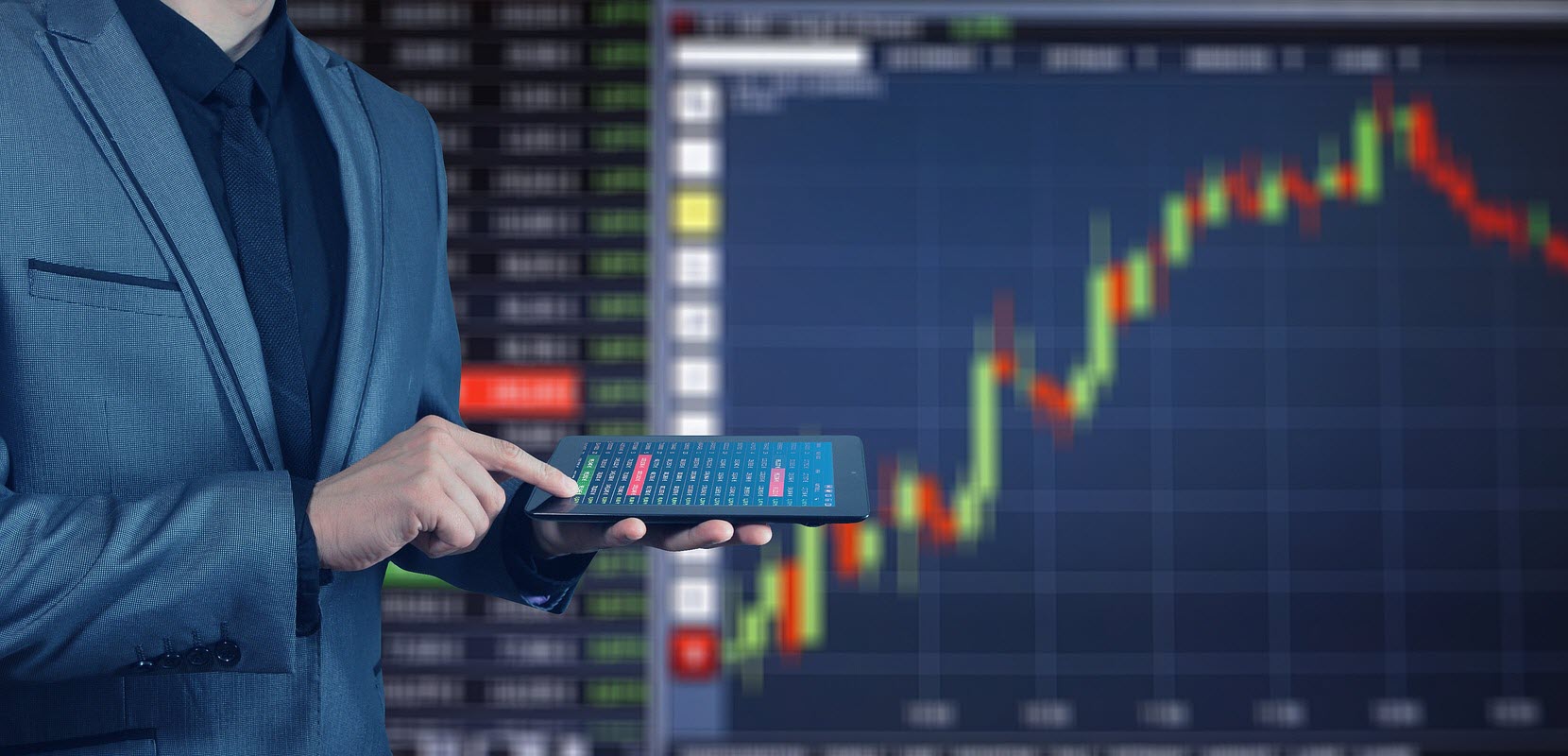Retail CFD trading is banned in the USA; This is due to the fact that CFDs are OTC (over-the-counter) derivatives. This means that no marketplace or third party is involved in the transaction. It is strictly a contract between the broker and the trader trading the CFDs. This creates a conflict of interest since the broker will earn money when the trader loses money.
It is illegal for CFD brokers to offer CFD trading in the USA. But it is not illegal for an individual to engage in CFD trading. This means that American retail traders that want access to CFD trading have to open an account with a broker outside the US. Preferable one that is licensed in a country that offers strong trader protection, such as Cyprus. CySEC, The Cyprus Securities and Exchange Commission, is the largest regulator of CFD brokers in the world.
With this said. Let us take a look at what CFDs are, how to find a good broker and the risks involved.
What are CFDs?
A contract for difference (CFD) is a financial derivative that allows traders to speculate on the price movement of a particular asset, such as a stock, bond, commodity, or currency, without actually owning the underlying asset. CFD trading allows traders to take long or short positions, meaning they can profit from both rising and falling prices. When a trader enters into a CFD trade, they agree to pay the difference between the opening and closing price of the trade. CFDs are a leveraged product, which means that traders can enter into positions with a small amount of initial capital, allowing them to potentially make larger profits (or losses) than they would be able to with the same amount of capital invested in the underlying asset. However, this leverage also means that losses can exceed the initial investment, so it is important for traders to carefully manage their risk.
How to find a good CFD broker?
Here are some tips for finding a good CFD broker:
- Start by doing some research and comparing different brokers to see which ones offer the features and services that are most important to you. This could include the types of CFDs they offer, the trading platforms they provide, the fees they charge, and the level of customer support they offer.
- Look for brokers regulated by reputable financial authorities, such as the Financial Conduct Authority (FCA) in the UK or the Cyprus Securities and Exchange Commission (CySEC). This will ensure that the broker is subject to strict rules and oversight and is required to operate in a fair and transparent manner.
- Consider the trading platform and tools that the broker provides. Ideally, the platform should be user-friendly and offer a range of features and tools to help you make informed trading decisions, such as real-time market data, charting tools, and risk management tools.
- Take into account the fees and commissions that the broker charges. These can vary significantly between different brokers, so it is important to compare the fees for the types of trades you plan to make and to consider whether the broker offers any discounts or promotions that could reduce your trading costs.
- Read reviews and testimonials from other traders who have used the broker, to get a sense of their experiences and whether they would recommend the broker to others. You can also contact the broker directly and ask them any questions about their services to help you make an informed decision.
The risks of CFD trading
CFD trading carries a high level of risk, as it involves the use of leverage, which means that both potential profits and potential losses are magnified. This means that even a small movement in the price of the underlying asset can result in significant profits or losses for the trader. As a result, it is important for traders to carefully manage their risk and avoid taking on more leverage than they can handle. This can be done through the use of risk management tools such as stop-loss orders, which can help to limit potential losses, and by setting appropriate position sizes based on the amount of capital that the trader is willing to risk. It is important for traders to have a thorough understanding of the risks involved in CFD trading, and to carefully consider their own risk tolerance and financial situation before entering into any trades.








